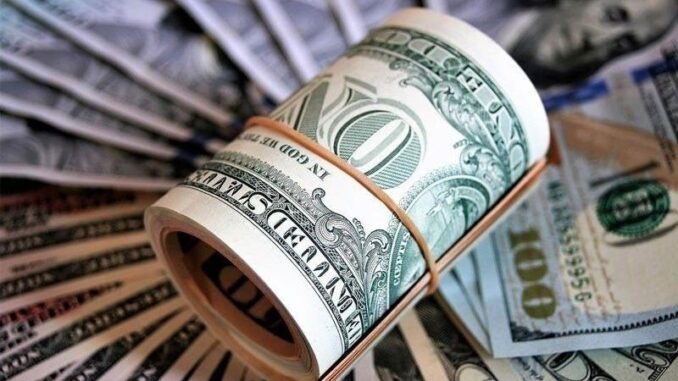
Reaches only $368 million in September
MANILA, Philippines — The net inflow of foreign direct investments (FDIs) declined for the second straight month, tumbling to an over four-year low of $368 million in September amid persistently high interest rates and heightened geopolitical tensions, according to the Bangko Sentral ng Pilipinas (BSP).
The net FDI inflow fell by 36.2 percent in September from $577 million in the same month a year ago. It marked the lowest since the $314 million in April 2020.
John Paolo Rivera, senior research fellow at the Philippine Institute for Development Studies, said elevated interest rates globally, led by the US Federal Reserve, have made investments in emerging markets like the Philippines less attractive.
“Investors often prefer safe-haven assets in advanced economies under these conditions. Heightened geopolitical tensions and economic uncertainties may have also further dampened investor confidence globally,” he said.
Slower Philippine economic growth may have also raised concerns among foreign investors as gross domestic product grew weaker at 5.2 percent in the third quarter from 6.4 percent in the second quarter, he said.
Rivera also said that there are still challenges in the ease of doing business including bureaucratic inefficiencies and regulatory uncertainties, which remain structural barriers to attracting FDI.
According to the BSP, the decline in FDI net inflows reflected the decrease in non-residents’ net investments in debt instruments and net investments in equity capital.
Investments in debt instruments, consisting mainly of inter-company borrowings between foreign direct investors and their subsidiaries or affiliates in the Philippines, plunged by nearly 33 percent to $277 million in September from $413 million a year ago.
Equity placements slumped by 53.4 percent to $82 million in September from $177 million in the same period last year.
The bulk of the equity capital placements in September came from Japan, the United States and Singapore. These investments were channeled mainly to sectors such as manufacturing, real estate, information and communication as well as wholesale and retail trade industries.
Likewise, withdrawals declined by almost 20 percent to $75 million in September from $93 million in the same month last year.
This brought investments in equity capital other than reinvestment of earnings down by 91 percent to just $7 million from $83 million a year ago.
On the other hand, reinvestment of earnings inched up by 3.6 percent to $84 million from $81 million in September 2023.
For the nine-month period, net FDI inflow rose by 3.8 percent to $6.7 billion from a year-ago level of $6.4 billion.
The net investments of debt instruments declined by 3.3 percent to $4.35 billion from January to September compared to $4.5 billion in the same period last year.
Likewise, reinvestment of earnings decreased by 4.2 percent to $949 million from $991 million.
Equity placements from the United Kingdom, Japan, US and Singapore grew by 28 percent to $1.79 billion from $1.4 billion, while withdrawals went down by 8.5 percent to $434 million from $474 million.
“The upcoming months could see slight improvement in FDIs, supported by holiday-driven spending and potential optimism about 2025 growth prospects,” Rivera said.
He also noted that recent government efforts to streamline investment processes could help attract more FDI.
“However, the persistence of high interest rates globally and in the Philippines may continue to weigh on FDI inflows. Additionally, global economic slowdown risks in 2024 could limit investor appetite for emerging markets,” he said.
The BSP expects FDI net inflows at $10 billion this year and $10.5 billion by 2025.


Be the first to comment